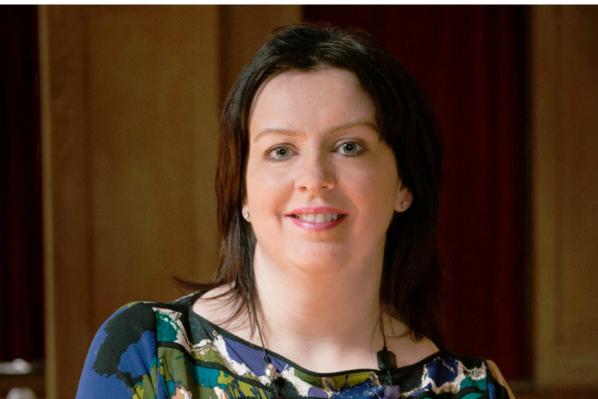Groundbreaking Research on Justice for Non-recent Institutional Abuses
The study proposes a pioneering framework for justice, grounded in restorative and transitional justice principles.

The School of Law at Queen’s University Belfast is proud to announce the findings of a transformative research project addressing the critical issue of non-recent institutional abuses across Ireland. Collaborating on the project were, Professor Anne-Marie McAlinden from QUB School of Law, in collaboration with Professor Marie Keenan from University College Dublin (UCD) and Dr James Gallen from Dublin City University (DCU). This three-year project was funded by The Higher Education Authority’s North-South Research Grant, with additional support from the British Academy for the pilot project and the Arts and Humanities Research Council who funded Professor McAlinden for a Fellowship dedicated to the project.
The research examines the profound societal challenges of delivering justice for victims and survivors of non-recent institutional abuses, a pervasive issue affecting communities in both Northern Ireland and the Republic of Ireland for decades. Drawing on extensive interviews with 74 key stakeholders—including survivors, legal professionals, and representatives from Church and State institutions—as well as international perspectives, the project critically evaluates existing justice mechanisms such as inquiries and redress schemes. The findings reveal significant shortcomings in these processes, particularly their failure to meaningfully engage survivors or address the systemic nature of abuses.
Professor Anne-Marie McAlinden, from Queen’s University Belfast School of Law, stated: “This was a timely project which sought to examine one of the most important societal challenges of our time – how to deliver effective justice experiences as well as outcomes for victim/survivors of non-recent institutional abuses. There were high levels of engagement with the study by not only victim/survivors and advocates but also institutional actors and a clear appetite for doing justice differently. We hope that this research makes a significant contribution to these ongoing debates.”
The study proposes a pioneering framework for justice, grounded in restorative and transitional justice principles, to bridge the accountability gap and foster healing, truth-telling, and institutional reform. Key recommendations include:
- Adopting trauma-informed approaches and using plain, non-legal language to make legal processes more accessible to survivors.
- Transforming truth-seeking processes through victim-centric inquiry designs, modular investigations for faster reporting, and non-adversarial truth-finding methods.
- Leveraging restorative and transitional justice philosophies to address individual, interpersonal, and structural needs for accountability and healing.
- Recognising redress as a right, ensuring it avoids retraumatisation and is paired with meaningful, personalised apologies.
The research highlights a strong appetite for change among stakeholders and offers practical, scalable solutions to improve justice outcomes. These findings align with the School of Law’s commitment to advancing legal scholarship and practice that addresses real-world challenges through interdisciplinary and victim-centered approaches.
Professor Marie Keenan from the School of Social Policy, Social Work and Social Justice at UCD commented: “From the outset we were determined to include all voices and listen carefully to the lived experience of victim/survivors and responsible institutional actors in Church and State; examine the temporal challenges involved in non-recent institutional abuses and how these contribute to the responsibility/accountability gap, and, analyse the potential for innovative justice thinking influenced by restorative and transitional justice philosophies. We found there is an appetite for a new way and offer suggestions as to how this can be done.”
Dr James Gallen from the School of Law and Government at DCU noted: “Addressing non-recent institutional abuses remains a pressing and ongoing challenge for societies globally. Several justice responses remain ongoing or in negotiations or proposals on the island of Ireland. This book recognises that no one – victim/survivors, advocates, lawyers, or representatives of State or church institutions – is fully satisfied with existing models and practices. The book demonstrates that alternative approaches are possible, desirable and necessary to better do justice for non-recent harms.”
The full findings are published in a new book, Transforming Justice Responses to Non-recent Institutional Abuses, by Oxford University Press, available open access at: https://academic.oup.com/book/59821
The final policy reports summarising the finding can be downloaded here: https://transformingjusticeproject.org/project-outputs/

